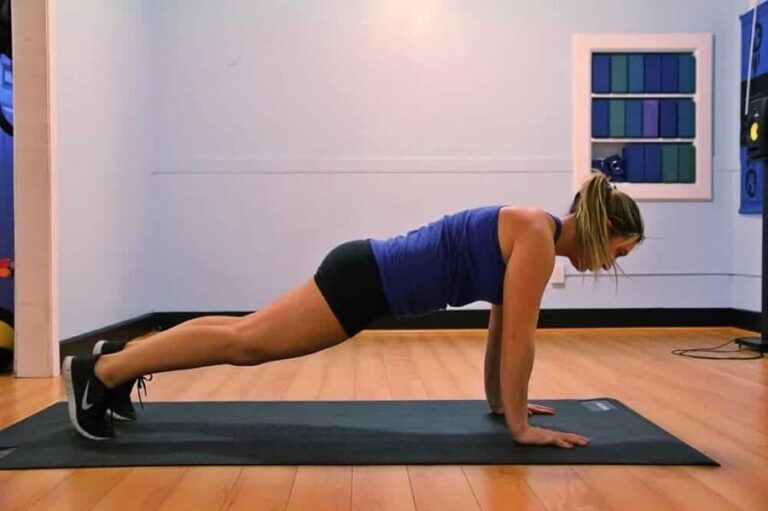Eggs are cheap but incredibly nutritious food. They are relatively low in calories but high in protein, vitamins, minerals, and healthy fats.
However, the way you cook your eggs can affect their nutrient profile. This article explores the healthiest ways to cook and eat eggs.
How to cook eggs healthily?
Eggs can be cooked in many different ways and easily combined with other healthy foods, such as vegetables. Cooking them also destroys microorganisms that can be dangerous, making them safer to eat.
Although not all ways of cooking eggs are the best for your health, for example, fried eggs are a way that you should avoid. Here are nine healthy ways to cook eggs:
- Boiled
Hard-boiled or boiled eggs are cooked in their shell in a pot of boiling water for 6 to 10 minutes, depending on how well cooked you want the yolk to be. The longer you cook them, the firmer the yolk will become.
- Scrambled
The traditional way to make scrambled eggs is to beat them in a bowl, pour them into a hot skillet and stir over low heat until cooked. To make them less dry and tasty, you can break them directly in the pan and cook just by stirring the white. After 5 minutes, add a tablespoon of cream cheese and mix well, breaking the yolk with a spatula.
- Baked
Baked eggs are cooked in a flat-bottomed container; you can combine them with Parmesan cheese and add baking powder to give them a more airy texture.
- Omelet
To make an omelet, the eggs are beaten, poured into a hot skillet, and, without stirring, slowly simmered until they form a thin layer on the bottom. Then you add vegetables or other healthy foods and cook well on each side.
- French toast
French toast is still a healthy and delicious way to cook eggs if you use whole wheat bread. The easiest way is to dip the toast in a bowl with a beaten egg and then sauté in a nonstick skillet over low heat.
- Steamed eggs
Steaming an egg is a great way to ensure the shell peels off easily, leaving you a perfect soft-boiled or hard-boiled egg to enjoy whenever you want it. It is also healthy; you can place the eggs in a colander in a steamer with boiling water for 8 minutes.
- Egg salad
Egg salad is a healthy, classic way for parties or special gatherings like Christmas. It is a straightforward recipe that you will have ready in less than 15 minutes and that you can also use as an ingredient for other preparations such as sandwiches or canapes.
Boil the eggs and have a large bowl of ice water ready. Please place them in the ice bath for about three minutes when they’re done. Break and peel each egg, then use the large holes on a grater. Place in a bowl and use your fingers to mix the eggs with salt and pepper gently.
At this point, you can add whatever you want to the egg salad: grated chicory, fresh dill, shallots, and radish. Serve topped with small scoops of something creamy, like heavy cream or plain yogurt, and a drizzle of olive oil.
- Grilled eggs
Do you have a grill? Put an egg on it. This is a great outdoor alternative to hard-boiled eggs. Grilled eggs are a great side dish to serve at a cookout and are a perfect addition to a fresh summer salad. They’re also straightforward to make – you pop a raw egg, in the shell, on the grill for about 10 minutes, and it’s done.
- Japanese sweet eggs
Sweet Japanese Eggs or Tamagoyaki are rolled omelet that resembles mini bars of golden pads. Tamagoyaki is very popular with Japanese children with a slightly sweet taste and a creamy texture.
First, to make a basic tamagoyaki beat the eggs like an American-style omelet. Next, season the beaten eggs with sugar, mirin, soy sauce, and a pinch of salt before pouring a thin layer of the egg mixture into a skillet to cook. Once the bottom of the egg mixture is set, roll it up in several thin layers until the egg looks like a thick log.
RELATED:
Cooking eggs makes some nutrients more digestible.
Cooking eggs makes them safer to eat and makes some of their nutrients easier to digest. An example of this is the protein in eggs – albumin.
Egg protein becomes more digestible when heated. One study found that the human body could use 39% more protein in cooked eggs than in raw eggs. (1)
This change in digestibility is due to heat causing structural changes in egg proteins. In raw eggs, large protein compounds are separated from each other and coiled into complex structures.
When proteins cook, heat breaks the weak bonds that keep them in shape and creates new bonds. These new links in the boiled egg are more accessible for your body to digest.
Eating raw eggs can also interfere with the availability of the micronutrient biotin. A protein in egg whites called avidin binds to biotin in raw eggs, so your body can’t use it.
However, the heat causes structural changes in the avidin when eggs are cooked, making it less effective at binding biotin. This makes biotin easier to absorb. (2)
Cooking over high heat can damage other nutrients.
Although cooking eggs makes some nutrients more digestible, others can be damaged.
This is not new. Cooking most foods will result in a reduction in some nutrients, mainly if they are cooked at high temperatures for an extended period. This phenomenon also occurs in eggs.
One study found that cooking eggs reduced their vitamin A content by 20%. (4)
In the case of other nutrients such as vitamin D, the numbers are even higher – baking for 40 minutes is capable of reducing more than half of its vitamin D content (3)
In general, I was cooking eggs for shorter times (even at high temperatures) has been shown to retain more nutrients.
Other tips for healthy cooking eggs
Eggs are nutritious, but you can make your eggs even healthier. Here are five tips for healthy cooking eggs:
- Choose a low-calorie cooking method. If you are trying to cut calories, choose poached or cooked eggs. These cooking methods don’t add extra calories from fat, so that the food will have fewer calories than fried or scrambled eggs or an omelet.
- Combine them with vegetables. Eggs go very well with vegetables. Eating eggs is an excellent opportunity to increase your vegetable intake and add extra fiber and vitamins to your food.
- Fry them in a stable oil at medium temperatures. The best oils for high heat cooking, such as deep-frying, remain stable at high temperatures and do not readily oxidize to form harmful free radicals. Examples of good choices include avocado oil and sunflower oil.
- Choose the most nutritious eggs. Several factors, including the growing method and diet of the chicken, can influence the nutritional quality of the eggs. In general, organic and free-range eggs are believed to be nutritionally superior to caged and industrially produced eggs.
- Don’t overcook them. The longer and hotter you cook your eggs, the more nutrients you lose. Using higher heat for longer can also increase the amount of oxidized cholesterol they contain.
ABSTRACT
In general, shorter, more simple cooking methods cause less cholesterol oxidation and help retain most of the nutrients in the egg.
For this reason, poached and boiled eggs (hard or soft) may be the healthiest to eat. These cooking methods don’t add unnecessary calories, either.
All that said, eating eggs is generally healthy, no matter how you cook them. So you may want to cook and eat them in the way you enjoy the most and not obsess over the little details.







